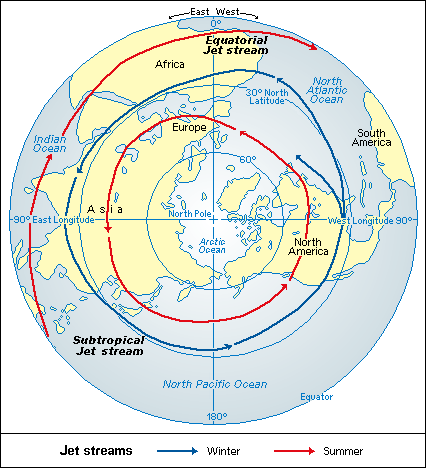From the Blizzard to the Deep Freeze
January 6, 2014
A brutal Arctic air mass slammed into the Midwest and Northern Plains states and parts of Canada on Sunday, causing more hardship for people still contending with last-week’s blizzard and additional snowfall on Saturday and early Sunday. Chicago set a new low-temperature record of -15 °F (-26 °C), while blustery winds created wind chills in the minus 40′s and 50′s degrees Fahrenheit in Minnesota and North Dakota. In fact, areas of the Northern Plains were actually colder than the surface of Mars. One meteorologist called the Arctic blast “the mother-lode of cold air.” At such low temperatures, exposed skin can develop frostbite in about five minutes. The governor of Minnesota canceled public schools in that state, for the first time in 17 years. The weather continued to snarl air traffic, with some 3,300 flights canceled on Monday alone.
Subzero temperatures, including some of the coldest in decades, were forecast for much of eastern Canada and more than half of the continental United States on Monday and Tuesday, as the cold spread south and east. New record lows were expected in cities as far south as northern Florida. In New York City, temperatures were expected to plumet from 54 °F on Monday to nearly zero by Tuesday.

Like the two other major jet streams, the polar jet stream flows in the upper troposphere, the layer of the atmosphere nearest the earth. It occurs at altitudes of 6 to 9 miles (10 to 15 kilometers) above the ground.
Meterologists described the cold air mass as a “polar vortex.” A vortex is a system of spinning winds similar to a whirlpool formed by swirling water. A polar vortex is a band of frigid, dense air that circles the poles. The cold air is normally held in place by the fast-moving, high-altitude winds of the polar jet stream. During the winter, the vortex may dip down into northeastern Canada, but it rarely reaches so far south. One theory blames the invasion of the votex on relatively warmer air over northeastern Canada and Greenland that has forced a part of the system to break off and move south.
Additional World Book articles:


